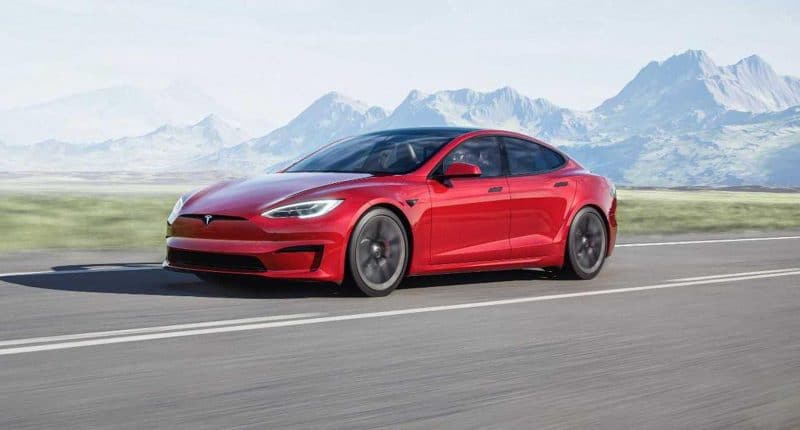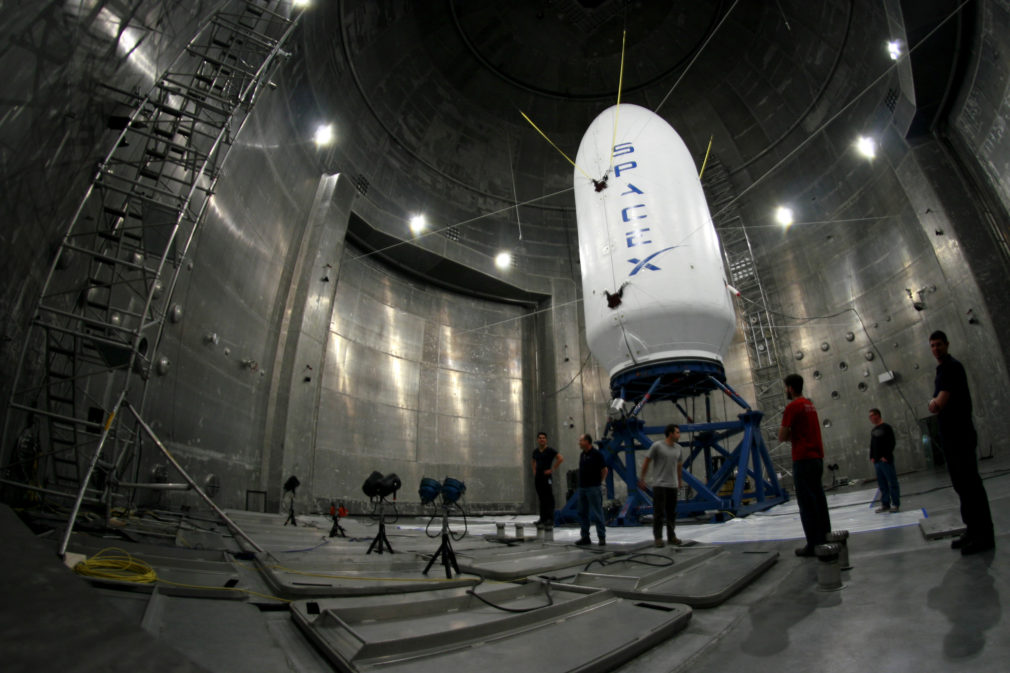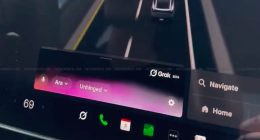If you are the owner of a Tesla, then you are likely to have been a victim of gross privacy evasion. According to a recent report by Reuters, Elon Musk’s EV company has been collecting and internally sharing videos and images of their customers – captured and recorded via the cameras in their cars – for the past three years.
The Reuters report reveals that it conducted interviews with nine former employees of the company, wherein it was revealed that groups of Tesla employees have been sharing “sometimes highly-invasive” videos and images of customers from 2019 to at least mid-2022, which were captured and recorded via the car cameras of the customers. There were times, however, when Tesla managers would crack down on the inappropriate sharing of images on public Mattermost channels (claiming that the practice violated company policy).
These recordings and images often caught Tesla customers in embarrassing situations – for example, an ex-employee described a video of a man approaching a vehicle completely naked, while another ex-employee talked about a video that showed a Tesla vehicle crashing into a child that was riding a bike. According to the former employee, the video was circulated around a Tesla office in San Mateo, California via private chats “like wildfire.”
Other circulated images include the insides of customers’ garages or seemingly-mundane things, such as pictures of dogs or funny road signs. These were often shared by Tesla employees among themselves after being turned into memes – and these were shared both in private and group chats. “We could see inside people’s garages and their private properties,” a former employee commented on the matter. “Let’s say that a Tesla customer had something in their garage that was distinctive, you know, people would post those kinds of things.”
“It was a breach of privacy, to be honest. And I always joked that I would never buy a Tesla after seeing how they treated some of these people,” said one former employee. In fact, videos may have even been recorded even when vehicles were turned off, according to another former Tesla employee. One former employee also reported having seen “scandalous stuff,” including “scenes of intimacy but not nudity,” as well as “certain pieces of laundry, certain sexual wellness items… and just private scenes of life that we really were privy to because the car was charging.”
For its part, Tesla says on its support page that “Sentry Mode recordings are not transmitted to us,” and that livestreams are end-to-end encrypted and “cannot be accessed” by the company. Its customer privacy informs that “camera recordings remain anonymous and are not linked to you or your vehicle.”
The cameras that are installed in Tesla’s cars are supposed to be used for various purposes, such as enabling the Autopilot feature and the Sentry Mode security system (which was launched in 2019 and touted to be a way of alerting drivers of any suspicious activity around their parked vehicles and storing recorded incidents in the car’s onboard memory). And additionally, Tesla employees are supposed to review the captured footage in order to make Tesla’s self-driving capabilities better. Reuters states that Tesla got consent from drivers to review that footage for this purpose. But the current situation makes it clear that Tesla employees went overboard and circulated captured footage and images for their own amusement.
This development highlights the illusion of privacy in the digital world and how vulnerable users actually are. Not only is it a violation of personal privacy – some of the captured data had location data associated with them – but it could lead to a breach of cybersecurity, as hackers could potentially access the footage from the cameras and use it for their own purposes. Customers who may have thought they were simply using a convenient and eco-friendly mode of transportation will now be worried about the possibility of their personal information being collected and used without their knowledge or consent.





